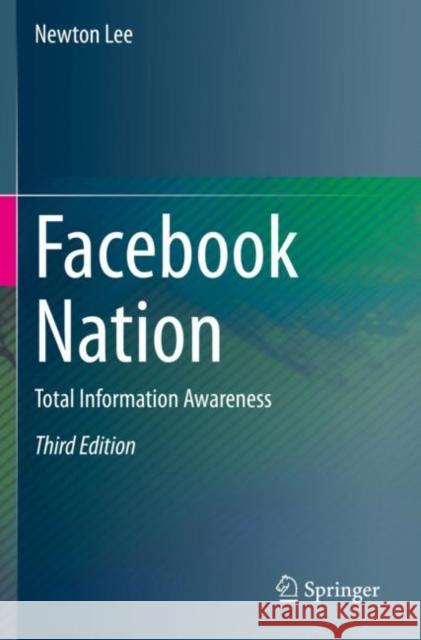Facebook Nation » książka
topmenu
Facebook Nation
ISBN-13: 9781071618691 / Angielski / Miękka / 2023
Facebook Nation
ISBN-13: 9781071618691 / Angielski / Miękka / 2023
cena 342,14
(netto: 325,85 VAT: 5%)
Najniższa cena z 30 dni: 327,68
(netto: 325,85 VAT: 5%)
Najniższa cena z 30 dni: 327,68
Termin realizacji zamówienia:
ok. 16-18 dni roboczych.
ok. 16-18 dni roboczych.
Darmowa dostawa!
This book explores total information awareness empowered by social media. At the FBI Citizens Academy in February 2021, I asked the FBI about the January 6 Capitol riot organized on social media that led to the unprecedented ban of a sitting U.S. President by all major social networks. In March 2021, Facebook CEO Mark Zuckerberg, Google CEO Sundar Pichai, and Twitter CEO Jack Dorsey appeared before Congress to face criticism about their handling of misinformation and online extremism that culminated in the storming of Capitol Hill.
With more than three billion monthly active users, Facebook family of apps is by far the world's largest social network. Facebook as a nation is bigger than the top three most populous countries in the world: China, India, and the United States. Social media has enabled its users to inform and misinform the public, to appease and disrupt Wall Street, to mitigate and exacerbate the COVID-19 pandemic, and to unite and divide a country.
Mark Zuckerberg once said, "We exist at the intersection of technology and social issues." He should have heeded his own words. In October 2021, former Facebook manager-turned-whistleblower Frances Haugen testified at the U.S. Senate that Facebook's products "harm children, stoke division, and weaken our democracy."
This book offers discourse and practical advice on information and misinformation, cybersecurity and privacy issues, cryptocurrency and business intelligence, social media marketing and caveats, e-government and e-activism, as well as the pros and cons of total information awareness including the Edward Snowden leaks.
"Highly recommended." - T. D. Richardson, Choice Magazine
"Parents in particular would be well advised to make this book compulsory reading for their teenage children..." - David B. Henderson, ACM Computing Reviews











